


DES INV 190-2 / ME 292C-2 Global Product Development is a project-based course that aims to educate students about the process of translating a functional prototype into a commercial, consumer-ready product. This course will provide a high-level overview of the many important aspects of product commercialization, including design for manufacturing, supply chain and logistics, intellectual property and regulatory certification, and more. Each class meeting will be divided between lecture, often featuring guest lecturers with real-world experience, and project work time. 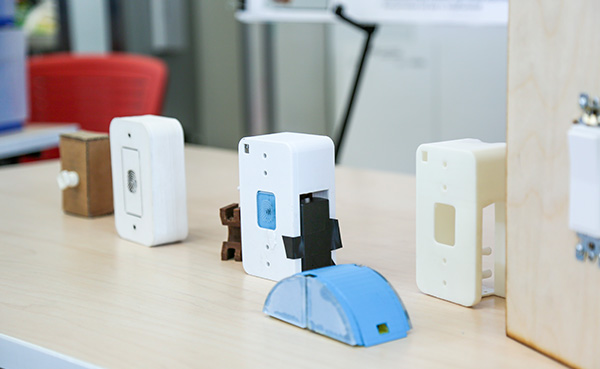
Global Product Development is open to upper-division undergraduate students, master’s students, and PhD candidates by application only. It is a 3-unit course and satisfies the Advanced Design requirement for the Berkeley Certificate in Design Innovation.
| Spring 2020 information | |
|
Global Product Development is on a temporary hiatus and is not being offered for spring 2020. The course previously ran in spring 2018 and spring 2019. Sign up for the student community mailing list for further news. |
Students enrolling in this course should already be familiar with a human-centered design process, and should have gone through at least one full iteration of it, whether through a prior design course, a work project, personal project, or other. In this course, students will work through a condensed version of the human-centered design process, while lectures will focus more on the latter stages of design and commercialization of a product. 
Part 1: Concept revisit This course will start with your design concept and you will revisit the foundation of this concept. You will learn how to create a product architecture to facilitate mass customization, supply chain management and future product development. By the end of this stage, you will have a proven concept for iterative design. Part 2: Iterative Design You will learn some structured design methodology, e.g., Design for Manufacturing (DFM), Design for Assembly (DFA), and Design for Sustainability (DFS). Your design concepts and prototypes are expected to be improved from iteration to iteration by collecting feedback from users and your peers. By the end of this stage, your product concept will be ready for the product launch preparation. Part 3: New Product Launch You will explore the boundary between product design and manufacturing. A field trip to Hong Kong and China will provide you with a closer look at the supply chain capabilities of the greater China region. In order to prepare for the product launch, you will learn about product lifecycle management, and how to compose a business plan and financial plan for a new product. Finally, your product will be presented and demonstrated at the end-of-semester Jacobs Institute Design Showcase.
The course includes a field trip to Hong Kong and China during spring break 2019 (March 23rd to 30th). Visits will include:
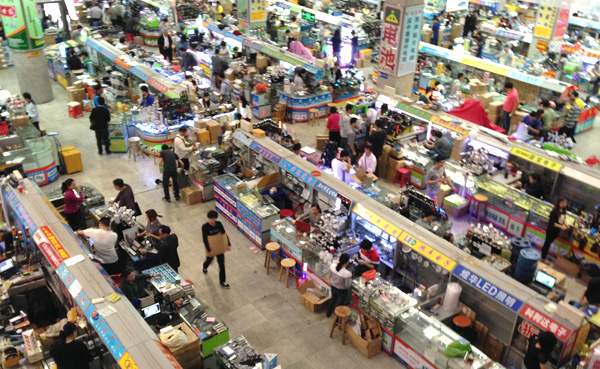
You must be available to travel during the full week of spring break to be considered for this course. No exceptions will be made to this requirement.
| Costs paid by | |
| Round trip airfare, San Francisco – Hong Kong & China | Jacobs Institute |
| Hotels | Jacobs Institute |
| Transit within Asia – busses | Jacobs Institute |
| Meals | Jacobs Institute will provide one meal per day (breakfast). Students are responsible for all other meals. |
| Passport and visas | Students |
| Incidentals | Students |
| Transit from Berkeley to SFO airport | Students (accessible by BART) |
If any of these costs present extreme hardship, please request a meeting with Emily Rice, Director of Programs and Operations for the Institute, and we can explore options for support.
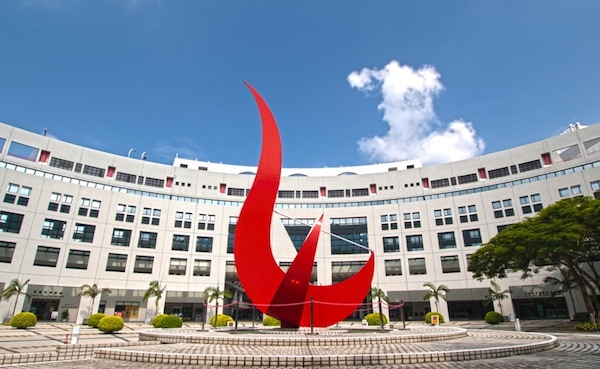
Hong Kong University of Science and Technology
Tap Switch Tenzing  Cuddle Cub
Cuddle Cub 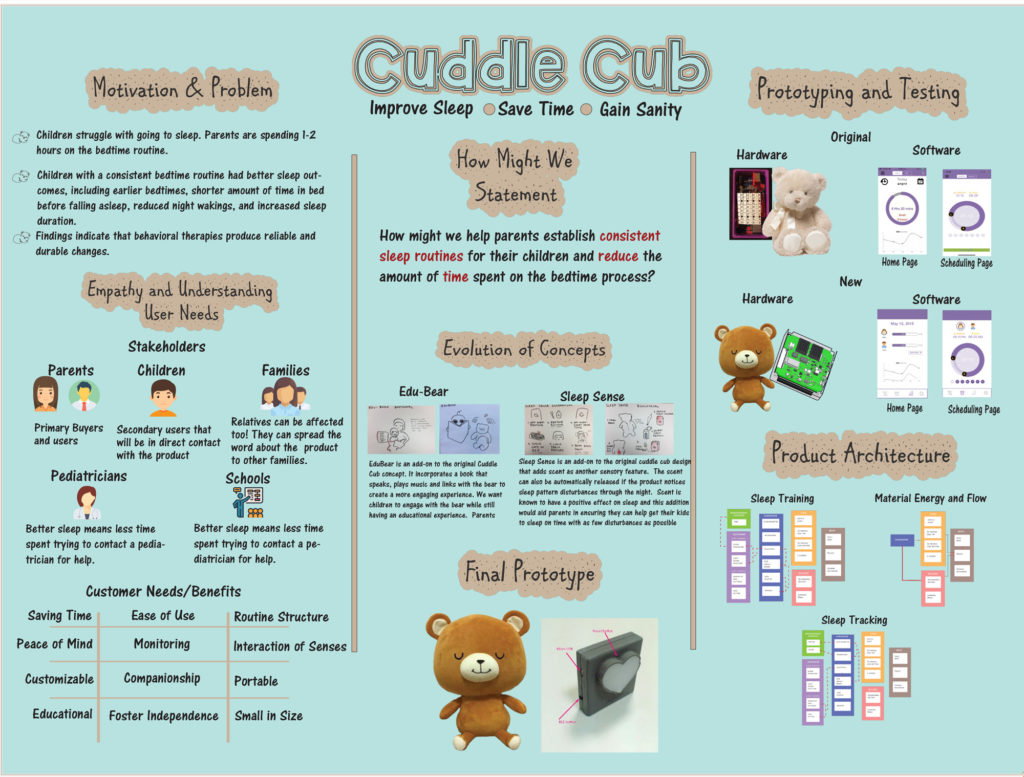 Million Hands
Million Hands 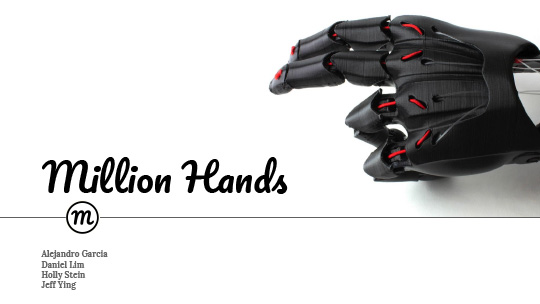
Please contact jacobsinstitute@berkeley.edu . GSI application information

